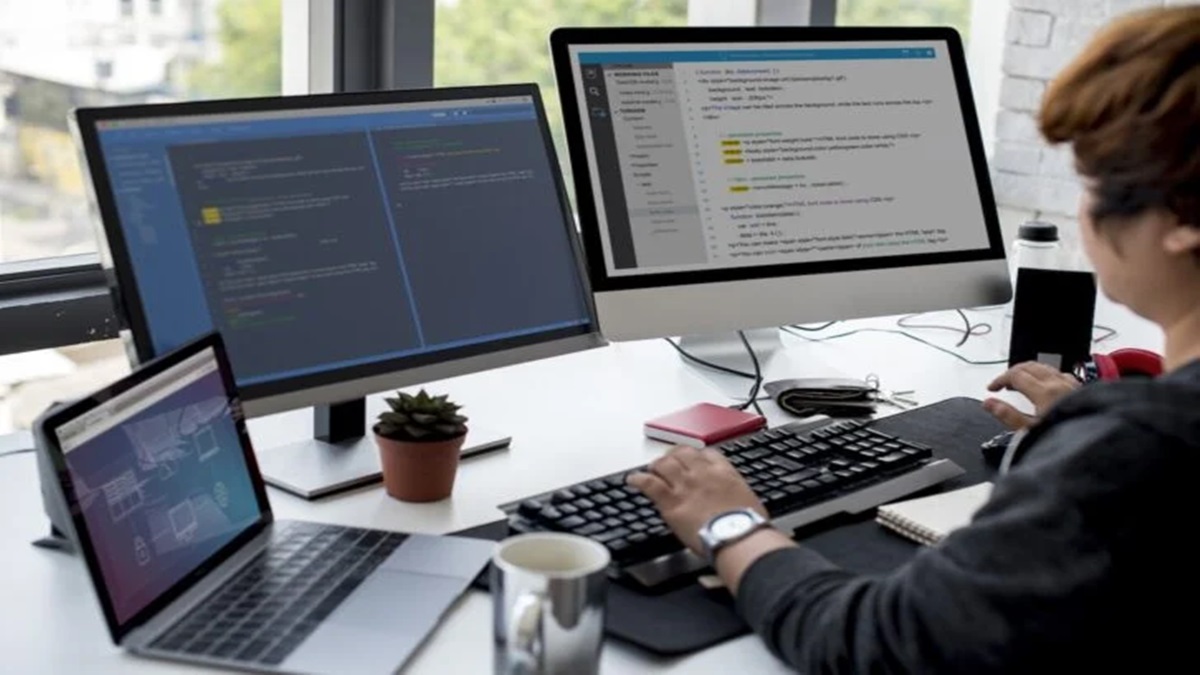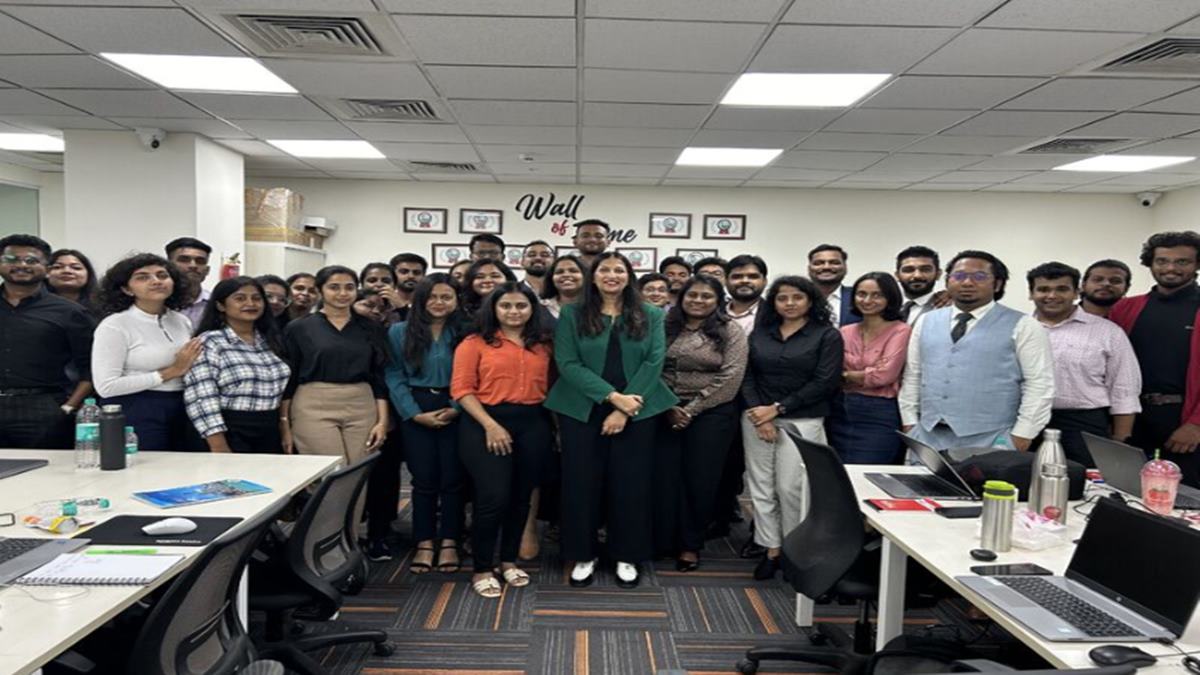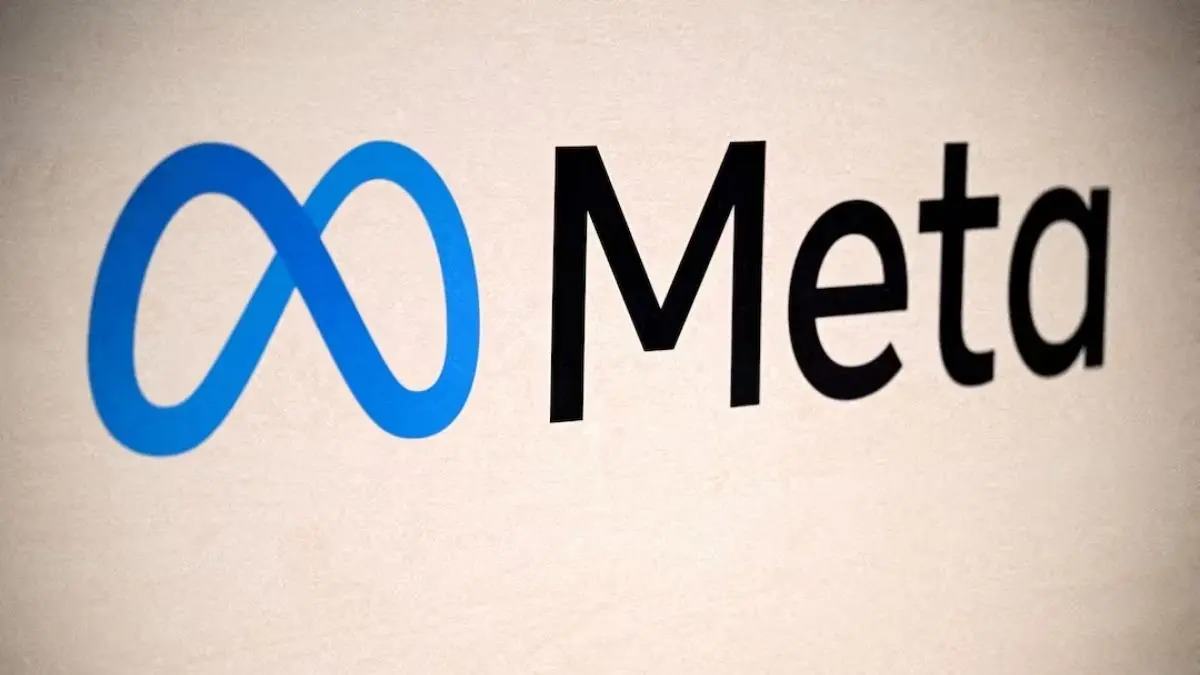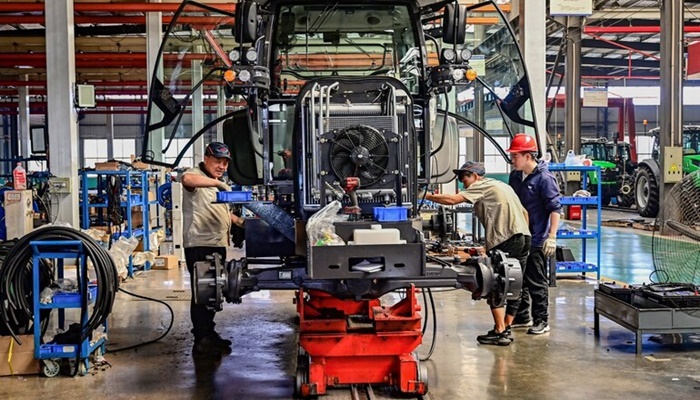40% of US employees reported encountering “workslop” in their work lives within the last month, says research. Nonetheless, employees are being out under pressure to use gnerative AI tools, despite lack of confidence in quality of output.
AI companies continually hail their products as revolutionary tools that will usher in a new era of workplace productivity. But a new, ongoing study by Stanford University’s Social Media Lab and behavioural research firm BetterUp Labs suggests it may be doing the opposite while also damaging workplace relationships in the process.
According to the researchers, 40% of US employees reported encountering “workslop” in their work lives within the last month.
Workslop refers to AI-generated content that appears polished and professional but lacks the depth or accuracy needed to genuinely move a task forward. It is the content that someone else must clean up, rewrite, or verify – costing time, trust, and money.
The Stanford/BetterUp study estimates that sorting through AI-generated “slop” costs employers approximately $186 per employee per month in lost productivity.
That’s time spent fact-checking, rewriting, and following up on messages that often do little more than clutter inboxes and meetings.
One tech executive described the experience bluntly: “It was just a little confusing to understand what was actually going on in the email and what he actually meant to say. It probably took an hour or two of time just to congregate [sic] everybody and repeat the information in a clear and concise way.”
Beyond productivity losses, “workslop” is also damaging professional relationships. Among those who received AI-generated content, over 50% reported feeling annoyed; more than one-third said they were confused and nearly 25% felt offended.
Even more striking is the reputational cost to those who send AI-generated messages. Forty-two percent of respondents said they trusted the sender less after receiving AI-written material. More than a third judged the sender to be less intelligent or less creative than they had previously believed.
Interestingly, the flow of “workslop” isn’t one-directional. Workers are sending 18% of it up to managers – but 16% of AI-generated content is coming from the managers themselves.
“It is furthering the agenda of creating a mentally lazy, slow-thinking society that will become wholly dependent upon outside forces,” said one respondent in the finance industry.
This mutual reliance on generative AI tools is creating a workplace dynamic where people on both sides of the hierarchy are opting for convenience over clarity – and it’s starting to show.
Pressure to use AI
Adding to the problem is the pressure many employees face to use AI, whether they want to or not.
In its 2025 fiscal report, tech consultancy Accenture revealed that while it has been investing in AI upskilling programmes and employees in non-augmentable roles who fail to adapt may be shown the door.
This mandate is not isolated. Across industries, workers are being asked to integrate AI into daily workflows, regardless of the tool’s actual effectiveness.
However, the results so far are mixed at best.
A recent three-month trial of Microsoft’s M365 Copilot in a UK government department found no definitive evidence of improved productivity. While the tool was helpful in speeding up some tasks, the quality of its outputs varied widely, depending on the activity.
Another study, conducted by work management platform vendor Asana, found that 64% of British employees view AI agents as unreliable. More than half said the tools either produce incorrect results with unwarranted confidence or ignore feedback completely.
A separate survey conducted by Ipsos for The Guardian revealed that British workers are concealing their use of AI at work, with many fearing that revealing reliance on the technology could damage their reputation.
Source – https://www.computing.co.uk/news/2025/workplace-ai-damages-productivity-and-trust




















